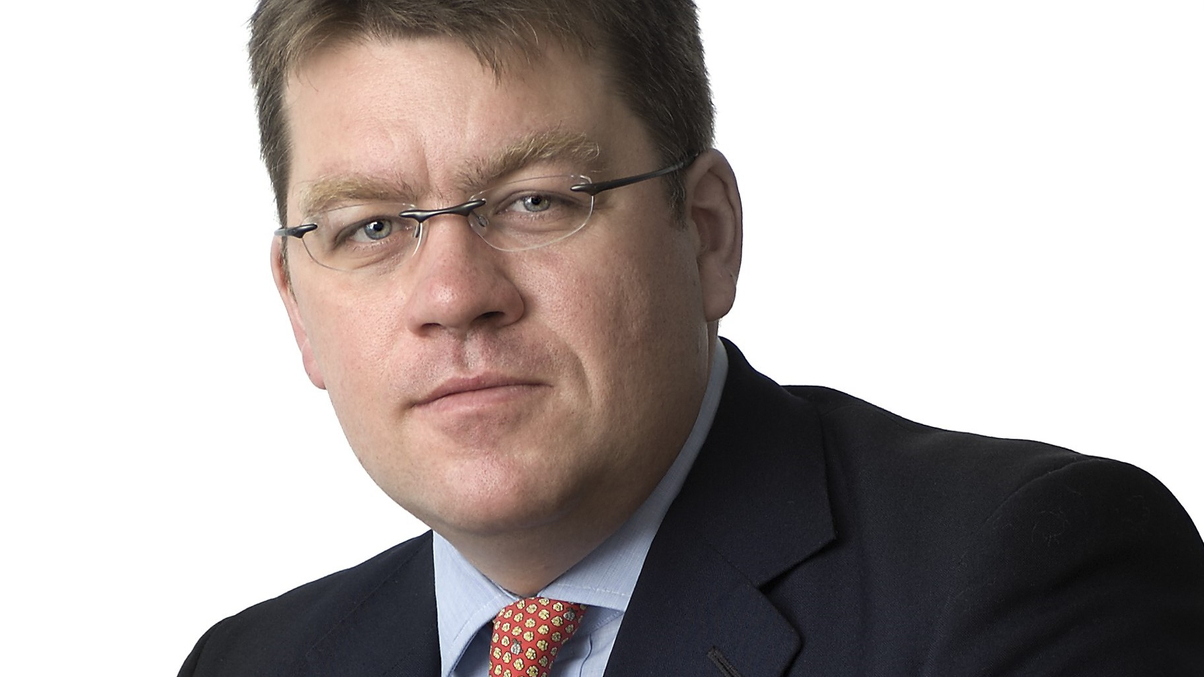Threadneedle: Asian investors shouldn't write off Europe
Despite sovereign-debt issues and currency concerns, a period of euro weakness would benefit European companies, says Dan Ison, head of pan-European equities.

Dan Ison joined Threadneedle in 2007 as head of pan-European equities and manages the Threadneedle Pan European Accelerando Fund and the Threadneedle Pan European Sicav. Before joining Threadneedle he was a partner at Clareville Capital.
Sign in to read on!
Registered users get 2 free articles in 30 days.
Subscribers have full unlimited access to AsianInvestor
Not signed up? New users get 2 free articles per month, plus a 7-day unlimited free trial.
¬ Haymarket Media Limited. All rights reserved.


